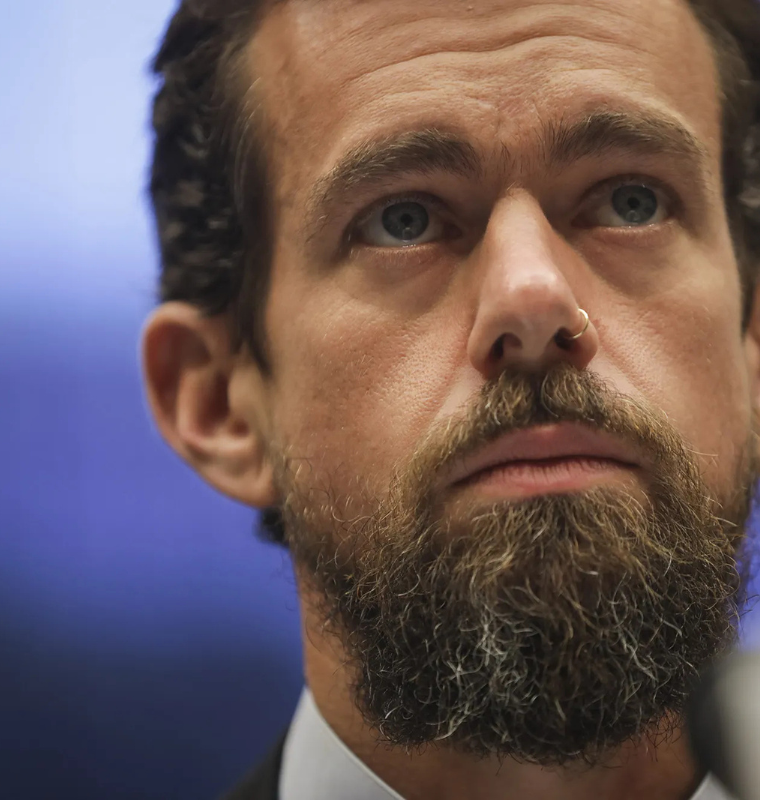U.S. Government Shutdown Becomes the Second Longest in History
U.S. Government Shutdown Becomes the Second Longest in History
By
Rachel Steinberg
Last updated:
October 23, 2025
First Published:
November 30, 2025

Shutdown enters 22nd day with no breakthrough in negotiations
The U.S. government shutdown entered its 22nd day on Wednesday, officially becoming the second-longest federal funding lapse in American history. The standoff has paralyzed key government operations, delayed paychecks for hundreds of thousands of federal workers, and added further uncertainty to an already tense political landscape.
Remarkably, both of the two longest shutdowns have occurred under President Donald Trump’s administration. The previous record—lasting 35 days between December 2018 and January 2019—was triggered by a dispute over border wall funding.
This time, the impasse stems from a sharp disagreement between Senate Democrats and Republicans over the contents of a temporary funding bill. Democrats have refused to back the GOP-proposed short-term measure, arguing it fails to address key domestic priorities such as healthcare funding.
Senate gridlock: 12 failed votes and counting
On Wednesday evening, the Senate voted 54–46 on a Republican-backed stopgap bill designed to keep the government open until November 21, but the measure failed for the 12th time, largely along party lines.
With Republicans holding a 53–47 majority in the Senate, the bill still fell short of the 60 votes required to pass under Senate rules. The repeated failures underscore how entrenched both parties have become in their positions.
The Democrats’ main demand is the inclusion of an extension for the enhanced Affordable Care Act (ACA) tax credits, which are set to expire at the end of the year. Without an extension, analysts estimate that insurance premiums could spike by 15%–20% for more than 10 million Americans by 2026, particularly affecting middle-income households.
Republicans, however, have rejected those demands, insisting that healthcare reforms be negotiated separately—after the government is reopened.
Economic toll grows as shutdown drags on
The prolonged shutdown is beginning to take a visible toll on the U.S. economy. Economists at Moody’s estimate that each week of closure shaves approximately $1.4 billion off GDP growth. More than 800,000 federal workers have missed at least one paycheck, and thousands of contractors have been forced to suspend operations.
Essential services such as national parks, passport processing, and IRS operations have either slowed or temporarily halted. The Transportation Security Administration (TSA) and air traffic control staff shortages have caused longer airport delays in several states.
Investors, meanwhile, are growing increasingly uneasy. The S&P 500 and Dow Jones Industrial Average both slipped marginally this week, reflecting concerns that extended political dysfunction could weigh on consumer confidence and delay federal spending initiatives.
Rising political tension in Washington
The standoff has intensified partisan rhetoric in Washington. Republican leaders, including Senate Majority Leader John Thune (R-S.D.), have accused Democrats of “holding the government hostage” over unrelated policy demands.
“We have negotiated. I don’t know what there is left to negotiate,” Thune said after a White House meeting with President Trump on Tuesday. “This is about opening up the government. The Democrats want something that’s totally untenable.”
Democrats, on the other hand, argue that Republicans are refusing to address pressing issues that directly affect American families. Senate Minority Leader Chuck Schumer (D-N.Y.) and House Speaker Hakeem Jeffries (D-N.Y.) have both called for direct talks with President Trump, saying his involvement is essential to reach a compromise.
However, when asked if the President plans to meet with Democratic leaders, Thune replied, “At some point—but open up the government first.”
Uncertain path forward
With neither side showing signs of compromise, there is growing concern that the shutdown could soon surpass the 2018–2019 record, becoming the longest in U.S. history. Analysts warn that if the impasse stretches into late November, it could start affecting military funding, small business loans, and federal aid programs.
A separate Republican-sponsored military-only funding bill also failed to clear the Senate last week, suggesting that even limited stopgap measures face an uphill battle.
Political analysts say that the coming weeks will be crucial in determining whether Washington can avert deeper economic damage—or if partisan brinkmanship will push the U.S. into another historic political and fiscal crisis.
Popular articles
Subscribe to unlock premium content
London’s Gourmet Playgrounds

From Bean to Buzz in Thailand

The Secret Life of Pop-Up Luxury Restaurants in Paris

London’s Gourmet Playgrounds

From Bean to Buzz in Thailand

London’s Gourmet Playgrounds









